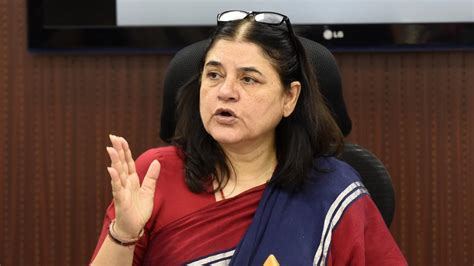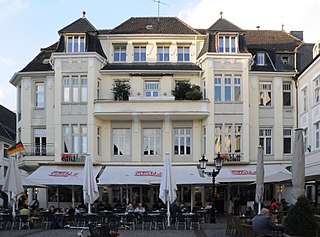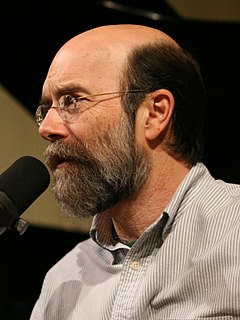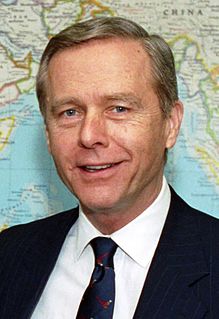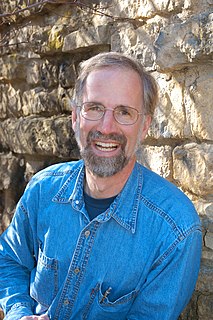A Quote by Michel de Montaigne
The middle sort of historians (of which the most part are) spoil all; they will chew our meat for us.
Related Quotes
I love those historians that are either very simple or most excellent. Such as are between both (which is the most common fashion), it is they that spoil all; they will needs chew our meat for us and take upon them a law to judge, and by consequence to square and incline the story according to their fantasy.
Unless we change our food choices, nothing else matters. Because it is meat that is destroying most of our forests. It is meat that pollutes the waters. It is meat that is creating disease which leads to all our money being diverted to hospitals. So, it's the first choice for anybody who wants to save the Earth.
Prayer brings to us blessings which we need, and which only God can give, and which prayer can alone convey to us ... This service of prayer is not a mere rite, a ceremony through which we go, a sort of performance. Prayer is going to God for something needed and desired. Prayer is simply asking God to do for us what he has promised us he will do if we ask him ... Asking is man's part. Giving is God's part. The praying belongs to us. The answer belongs to God.
Most incredible, however, are the times we know Christ is with us in the midst of our daily, routine lives. In the middle of cleaning the house or driving somewhere in the pick-up, He stops us. . . in our tracks and makes His presence known. Often it's in the middle of the most mundane task that He lets us know He is there with us. We realize, then, that there can be no "ordinary" moments for people who live their lives with Jesus.
The storyteller is deep inside everyone of us. The story-maker is always with us. Let us suppose our world is attacked by war, by the horrors that we all of us easily imagine. Let us suppose floods wash through our cities, the seas rise . . . but the storyteller will be there, for it is our imaginations which shape us, keep us, create us - for good and for ill. It is our stories that will recreate us, when we are torn, hurt, even destroyed. It is the storyteller, the dream-maker, the myth-maker, that is our phoenix, that represents us at our best, and at our most creative.
To avoid causing terror to living beings, let the disciple refrain from eating meat... the food of the wise is that which is consumed by the sadhus [holymen]; it does not consist of meat... There may be some foolish people in the future who will say that I permitted meat-eating and that I partook of meat myself, but... meat-eating I have not permitted to anyone, I do not permit, I will not permit meat-eating in any form, in any manner and in any place; it is unconditionally prohibited for all.
By seeing the otherness in that which is most unfamiliar, we can learn to see it too in that which at first seemed merely ordinary. If wilderness can do this - if it can help us perceive and respect a nature we had forgotten to recognize as natural - then it will become part of the solution to our environmental dilemmas rather than part of the problem.
And if I remain in the dark about our purpose here, and the meaning of eternity, I have nevertheless arrived at an understanding of a few more modest truths: Most of us fear death. Most of us yearn to comprehend how we got here, and why-- which is to say, most of us ache to know the love of our creator. And we will no doubt feel that ache, most of us, for as long as we happen to be alive.
We will have to make a decision, as we go into new environments outside of earth, whether we want to drag along with us all our pathogens. We can, or we can't - it's up to us - but I consider that part of genome engineering is how we interact with the huge part of our genome which is our microbiome.
Meat, to me, it's slightly boring. Hold on, I love meat too, but only once in a while. You get a piece of meat, and you put it in your mouth, you chew, the first five seconds, all the juices flow around your mouth, they're gone, and then you are 20 more seconds chewing something that is tasteless at this point.



